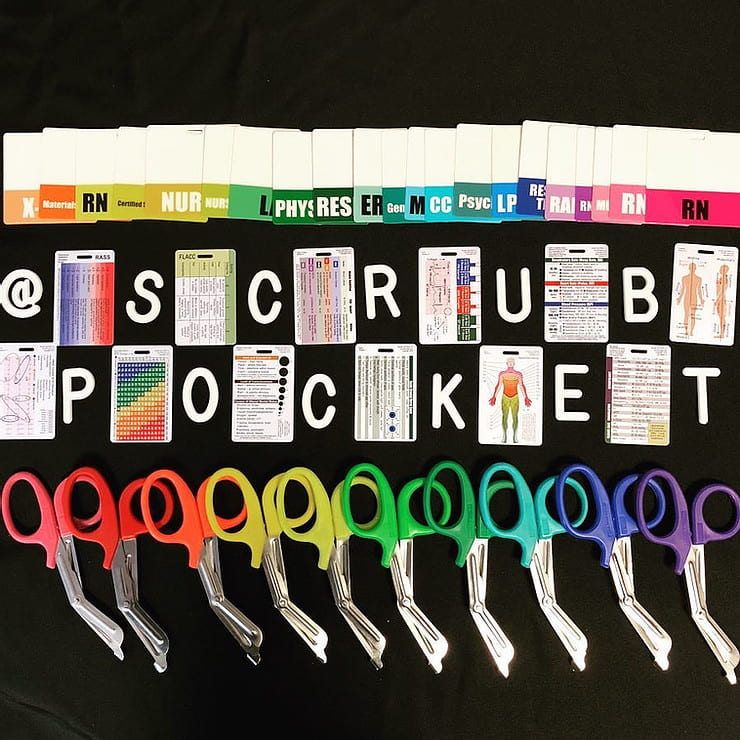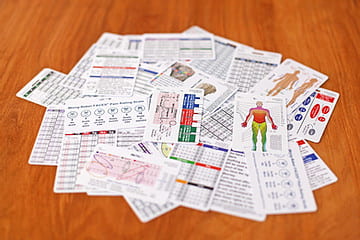
Hello everyone! I’m Julia Zabinska, a rising junior at Amherst majoring in neuroscience and French on a pre-med path. I’ve been writing for the STEM Network since February now, and I am a Summer Reporter for the newsletter.
To give you guys a little background on my internships this summer, I started out working with the Kahle lab group from the Yale School of Medicine. They specialize in research that explores the genetic causes of certain congenital neurological diseases. Congenital just means that this is a condition that is present at birth. The lab looks at patients with congenital hydrocephalus (excess of fluid in the brain), scoliosis (or abnormal curvature of the spine), arachnoid cysts (cysts found in the arachnoid layer of the brain; for those of you who study neuroscience that would be the middle layer of the meninges) and moyamoya (a blood vessel disorder in the carotid artery in the skull).
My work with the group was centered around patient outreach and obtaining diagnostic imaging from hospitals/providers in order to be able to identify the extent of the disease in each patient. So I contacted numerous hospitals with the arachnoid cyst and moyamoya cohorts and requested individual patients’ imaging and medical records. This was initially a pretty intimidating process, as you can imagine! Dealing with highly sensitive and confidential information, not to mention cold-calling a hospital or provider, requires awareness and confidence that I believed I initially lacked, but as my work with the lab went on, I learned to approach the task with those acquired skills.
However, the summer quickly progressed, and I began to notice that the work seemed to be drying up. I’m sure that other students this summer have had the experience throughout their internships of “Well, what do I do now?” During this incredibly bizarre and trying period of COVID-19, it’s important to acknowledge the various trials that college students face in finding and sustaining internships without having the ability to complete them in person. Whether it be miscommunication in a remote setting leading to different professional expectations or even something as simple as a WiFi outage during a tropical storm (yes, I’m thinking of you, Hurricane Isaias!), remote internships can be a whirlwind of stress, anticipation, and confusion. However, they can also reveal to a student what it is they are truly searching for in a profession or experience.
Enter Scrub Pocket, a publishing company started in 2009 by Ben Loveland and his colleagues John and Mike. Ben, a former EMT nurse, got the idea for Scrub Pocket when his coworkers at the hospital began asking him to make them his famous “cheat sheets.” Ben often created small index card guides that provided him with the necessary dosing and medical information he needed to remember to treat certain patients. He carried these around in his plastic ID holder, and when he learned of the demand from his fellow coworkers, he realized that he had a valuable idea lodged conveniently in his ID holder.
I reached out to Ben in late July of this summer to learn more about the company and to see what kind of work would be available for a college intern. To my surprise, he shared that he had a whole list of badge card ideas that he would love for me to work through, and that I could spearhead the projects essentially from start to finish. The prospect of having a consistent and independent workload, especially during a time when medical professionals need these kinds of supplies and reference guides, absolutely thrilled me. What better way is there to contribute to the field that I hope to enter in the future than to help provide the materials that they reference on a daily basis?
And so, my journey with Scrub Pocket began. Armed with countless manila folders and academic articles detailing various side effects and dosage amounts, I set upon my task of making a card for two common drugs used to resuscitate patients. After the initial research period, Ben and I have been working on the design process for about a week and a half now using a graphics program called Inkscape. I feel so fortunate to be at Scrub Pocket in person and see their day-to-day running of the company, whether that’s fulfilling orders, helping to create their sets of badge cards, or simply grabbing a seltzer from the stock in the fridge (their seltzer variety is truly impressive)!
As the summer comes to a close and I put the finishing touches on my Inkscape file, I reflect on how the summer of 2020 is nothing how I expected it to be, and yet, perhaps it is exactly what I needed at this time in my life. I’ve met people who find so much passion in both the medical field and in their entrepreneurship, people who have such valuable experiences in these seemingly distinct and separate fields. Ben and the Scrub Pocket team have helped me to gain a more holistic perspective on what it means to be involved in the medical professions.
I will be conducting an interview in a podcast form with Ben that will be uploaded at the beginning of the school year to get some more insight about the transition from the medical field to a business. Check out Scrub Pocket’s website here: https://www.scrubpocket.com/.
